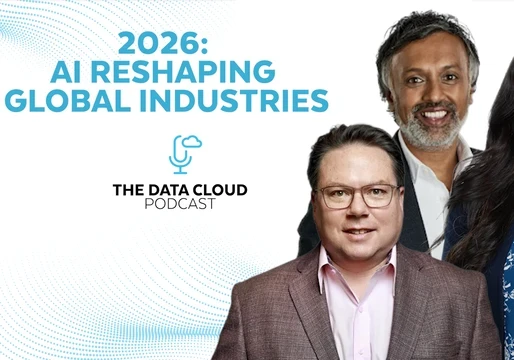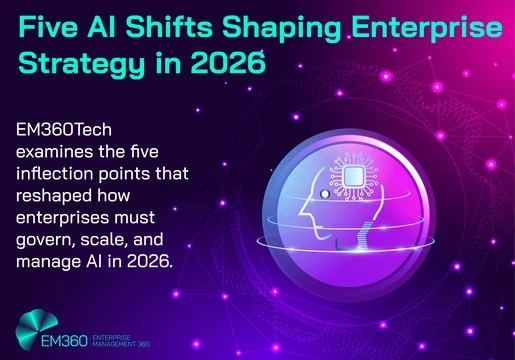
1. The Early Days of AI and its Primitive Applications in Business
In the infancy of artificial intelligence (AI), much of the world viewed it as a sci-fi trope, more suited to novels and movies than real-world applications. Yet, even in its nascent stages, AI made ripples in the corporate world. The initial AI models were rule-based systems, where explicit instructions defined every action. These systems lacked flexibility, but they offered consistency, something businesses deeply appreciated.
One of the first sectors to harness AI's power was finance. Basic algorithms were used for tasks like predicting stock market trends based on historical data. While these predictions weren't always spot-on, they offered insights that were previously unattainable. Retail followed suit, employing AI to optimize supply chain processes, manage inventory, and even predict consumer behavior to a certain extent.
However, these early applications were limited. They required vast amounts of hand-crafted rules and lacked the ability to learn from new data without manual intervention. Thus, while they marked a significant departure from traditional business methodologies, they were just scratching the surface of what was to come.
2. The Rise of Machine Learning Models and Their Corporate Significance
The transition from basic AI to machine learning was a game-changer for the corporate sector. Instead of relying on hard-coded rules, machine learning models learn from data, improving their predictions and actions over time. The more data fed to these models, the better they performed, leading to the adage: "data is the new oil."
Corporations began to harness machine learning in various ways. Marketing teams employed it to understand consumer behavior, devising campaigns tailored to specific audience segments. Manufacturing units used these models to predict equipment failures, scheduling maintenance and avoiding costly downtimes.
Yet, the true potential of machine learning was realized when it intersected with Big Data. Companies like Amazon and Netflix used vast amounts of data coupled with machine learning to offer personalized product and content recommendations, reshaping the consumer experience and setting new industry standards.
In the corporate realm, decision-making also underwent a transformation. Data-driven insights, derived from these sophisticated models, began to shape strategy at both macro and micro levels. The era of 'gut-feeling' decisions started giving way to informed, data-backed choices.
3. Modern LLMs: Achievements and Their Potential Future in the Business Sector
Enter the era of Large Language Models (LLMs) like GPT-3 and its successors. These models, built on neural networks and fed with enormous datasets, have capabilities far surpassing their predecessors. Their ability to understand, generate, and even converse in natural language opened doors previously deemed fantastical.
Businesses quickly realized LLMs' potential. Customer service chatbots powered by these models could handle complex queries, offering a seamless user experience. In content creation, LLMs helped generate reports, write articles, and even assist in creative writing endeavors. Their adaptability meant that they could be fine-tuned for specific industry jargons and needs.
Yet, their application wasn't limited to just operational tasks. Decision-making, especially in areas where vast amounts of unstructured data were involved, saw significant enhancements. For instance, legal firms began using LLMs to sift through mountains of legal texts, case laws, and documentation, offering insights in a fraction of the traditional time.
Conclusion
Looking ahead, the potential applications of LLMs in the corporate world seem boundless. As they continue to evolve, integrate with other technologies, and become more accessible, they might reshape business operations and strategies at a foundational level. From automating mundane tasks to potentially assisting in high-level decision-making processes, the role of LLMs in the corporate landscape is set to be both transformative and indispensable.







Comments ( 0 )